When Teacher Training is Not Valued
Like a lot of ideas, Teach For America sounds good, but in actuality? Well, that's a decision you would have to come to on your own. As a nonprofit, TFA's stated slogan is "One day, all children in this nation will have the opportunity to attain an excellent education." Who could argue with that? 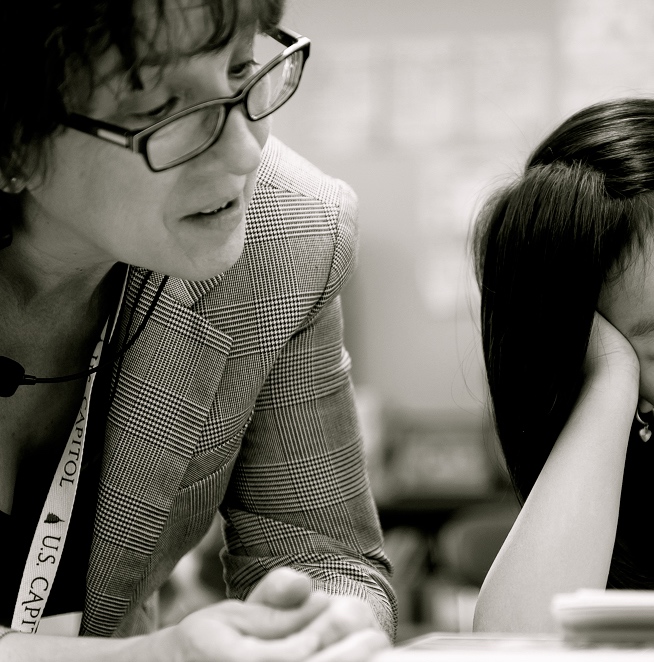 Creating a Peace Corps type model to work in the most needy of schools is a lofty and worthy goal. As a recently retired teacher from a school with a poverty rate hovering around 90%, I can assure you that teaching students from such backgrounds burns out even the most experienced. It is grueling, and it is exhilarating. Urban districts and other high-poverty districts need enthusiastic educators to reach students.What I object to is the attitude that seems to indicate if one is a stellar graduate or undergraduate in a chosen major, then one can teach without much attention paid to the art of pedagogy. I will come right out with it - I vehemently disagree. It is insulting to assume that, the process, the science, the art of teaching seems so unvalued. A search of TFA's website shows a "training schedule" in the range of 4-6 weeks. From the perspective of a person who spent 4 years undergraduate, 1 year graduate, countless house in pre-practicums and observations, the message seems clear: anyone can teach and we'll show you how in 6 weeks or less.So why do I care? Well, recently I read a post on a professional list that I subscribe to indicating that the legislative aides of many of our members of Congress are TFA alumni. If that is true - currently I'm researching that using Members' staff lists and Linkedin profiles - then it will be no wonder that educators and education are under-valued and looked down upon.Stay tuned for future posts.
Creating a Peace Corps type model to work in the most needy of schools is a lofty and worthy goal. As a recently retired teacher from a school with a poverty rate hovering around 90%, I can assure you that teaching students from such backgrounds burns out even the most experienced. It is grueling, and it is exhilarating. Urban districts and other high-poverty districts need enthusiastic educators to reach students.What I object to is the attitude that seems to indicate if one is a stellar graduate or undergraduate in a chosen major, then one can teach without much attention paid to the art of pedagogy. I will come right out with it - I vehemently disagree. It is insulting to assume that, the process, the science, the art of teaching seems so unvalued. A search of TFA's website shows a "training schedule" in the range of 4-6 weeks. From the perspective of a person who spent 4 years undergraduate, 1 year graduate, countless house in pre-practicums and observations, the message seems clear: anyone can teach and we'll show you how in 6 weeks or less.So why do I care? Well, recently I read a post on a professional list that I subscribe to indicating that the legislative aides of many of our members of Congress are TFA alumni. If that is true - currently I'm researching that using Members' staff lists and Linkedin profiles - then it will be no wonder that educators and education are under-valued and looked down upon.Stay tuned for future posts.

 is coaching, school improvement style. Because if your school or district is targeted for improvements, there must be money for consultants - you know, consultants who have never taught, or are trying out their latest graduate school theory or something they heard from the TV experts filling afternoon airwaves.The group Ms. Berard posts about is from the
is coaching, school improvement style. Because if your school or district is targeted for improvements, there must be money for consultants - you know, consultants who have never taught, or are trying out their latest graduate school theory or something they heard from the TV experts filling afternoon airwaves.The group Ms. Berard posts about is from the 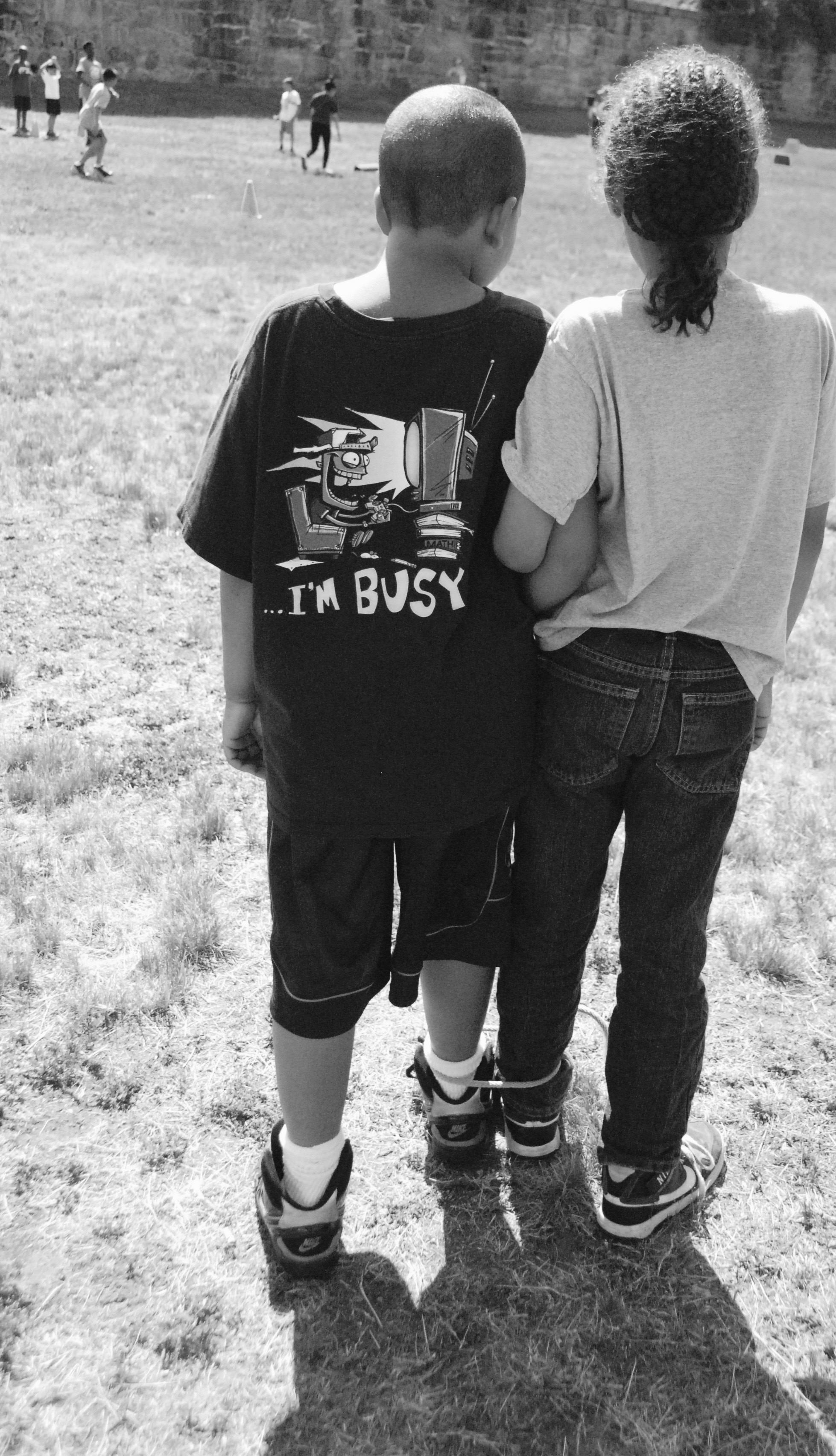 Elena Aguilar, a contributor at Edutopia.com, describes the following characteristics needed by education teams in this article posted on Edutopia,
Elena Aguilar, a contributor at Edutopia.com, describes the following characteristics needed by education teams in this article posted on Edutopia, 
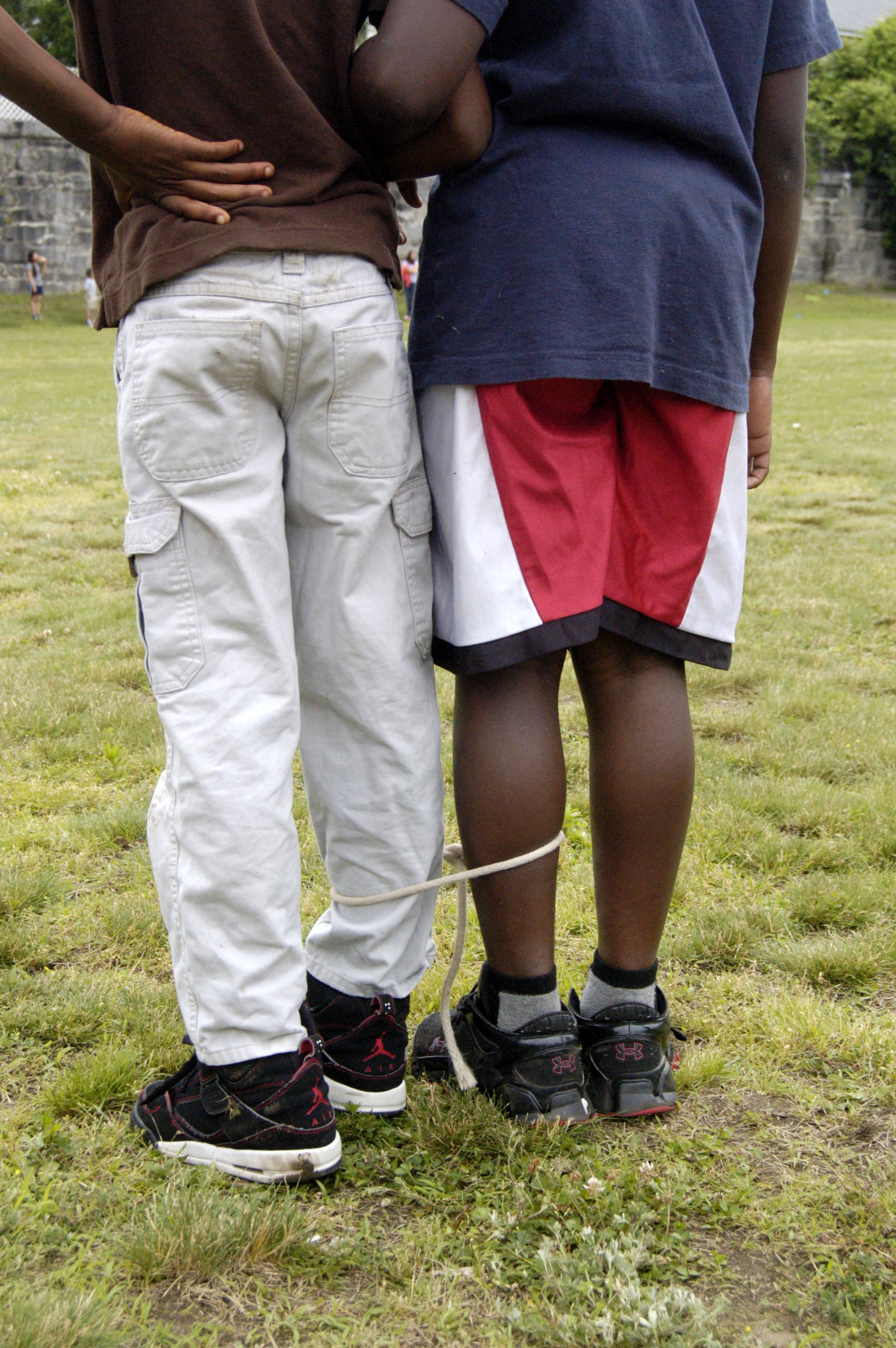
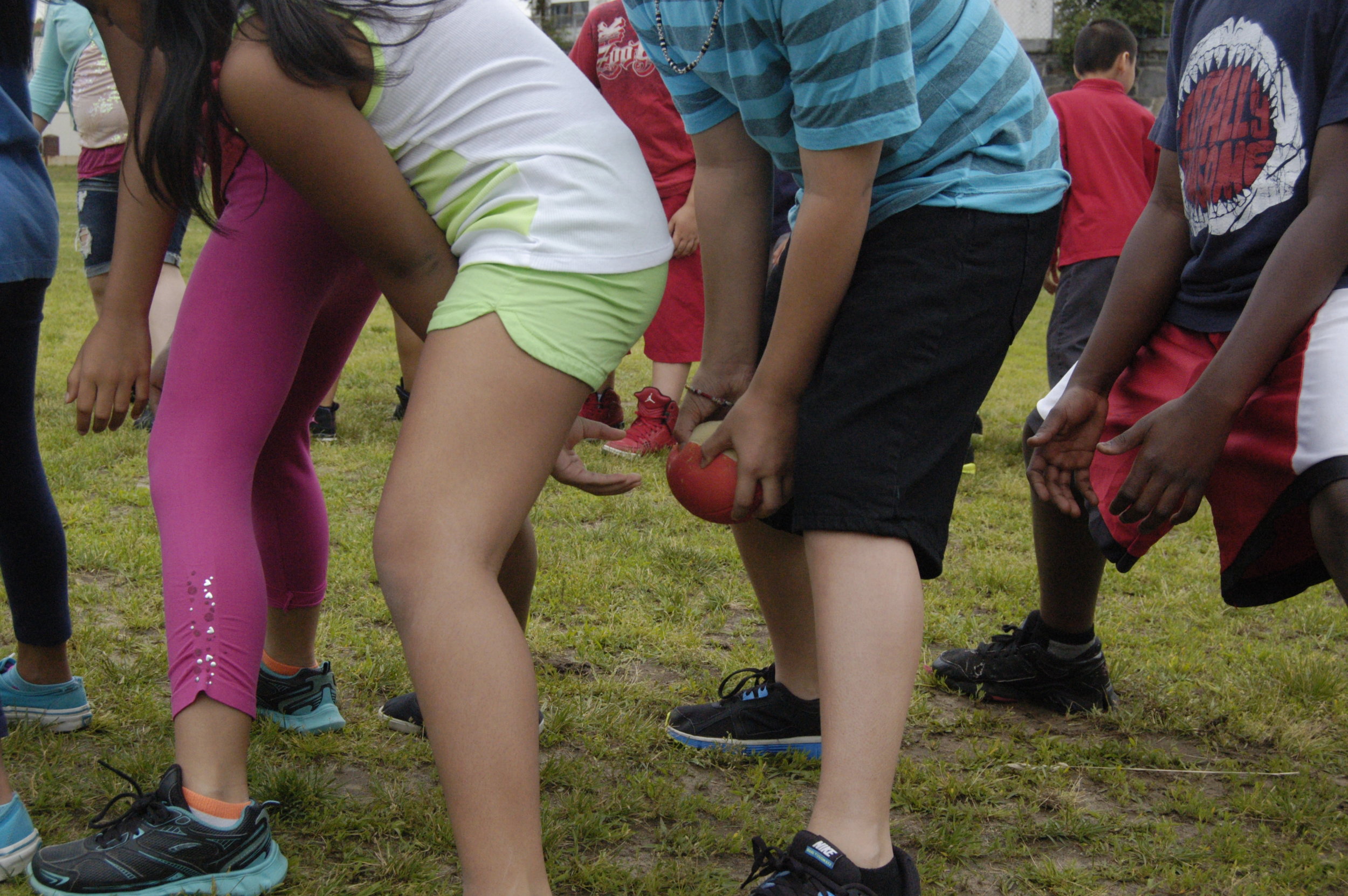 days together, my students and I said good-bye. From here on, they are off to Middle School and, in all probability, we will not cross paths again. It was, for me, a bittersweet moment. And perhaps it was for some of them as well.We've had our share of challenges and our share of triumphs. In our Morning Meetings over the last week, the kids and I sh
days together, my students and I said good-bye. From here on, they are off to Middle School and, in all probability, we will not cross paths again. It was, for me, a bittersweet moment. And perhaps it was for some of them as well.We've had our share of challenges and our share of triumphs. In our Morning Meetings over the last week, the kids and I sh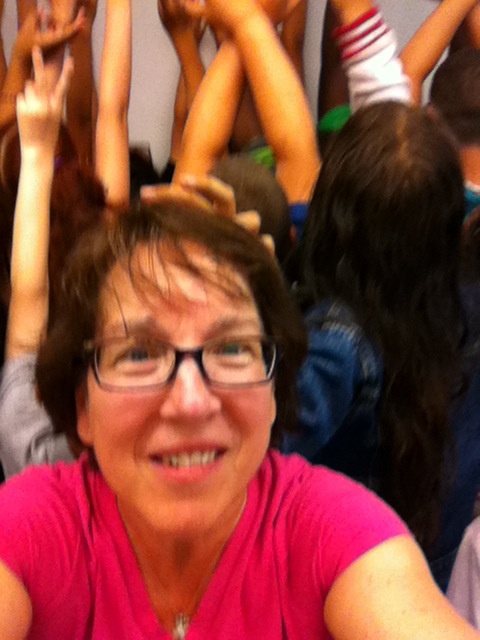 es from other homerooms. They made me proud to know them, even for just a little while. When I took a last snapshot with my phone yesterday, the kids insisted it wasn't a "selfie"; it was an "us-ie".So, we go on about our lives. We take different pathways and maybe once in a while we will stop to remember each other and the special two years we spent in each others' company.
es from other homerooms. They made me proud to know them, even for just a little while. When I took a last snapshot with my phone yesterday, the kids insisted it wasn't a "selfie"; it was an "us-ie".So, we go on about our lives. We take different pathways and maybe once in a while we will stop to remember each other and the special two years we spent in each others' company.